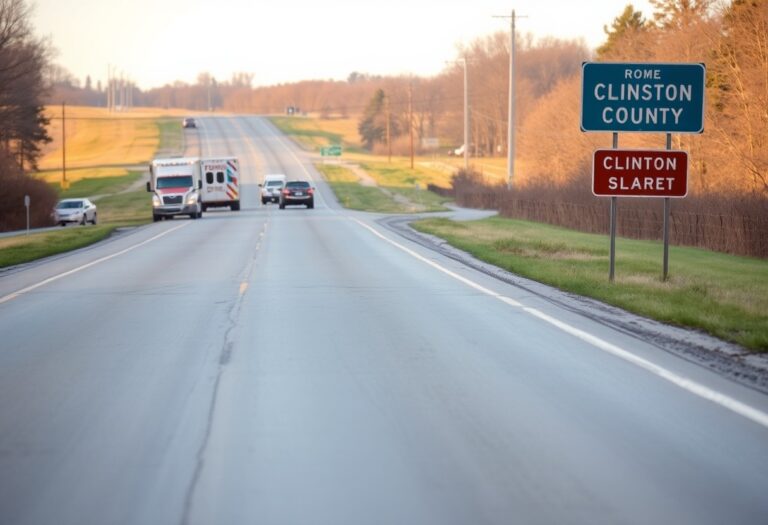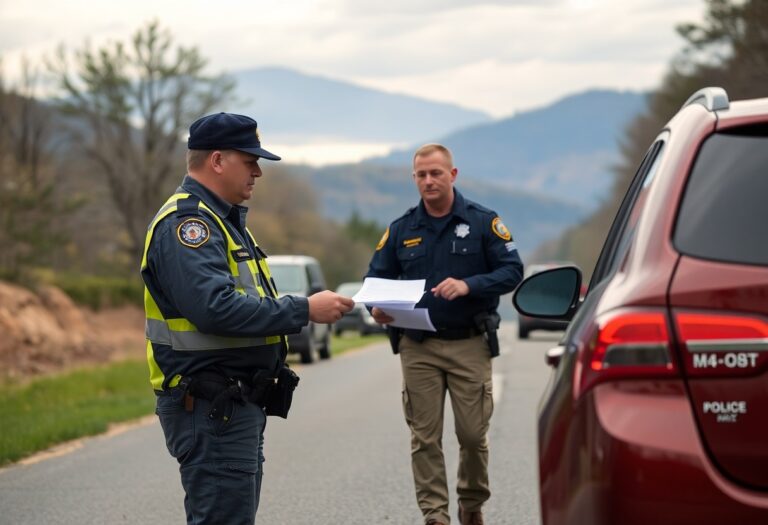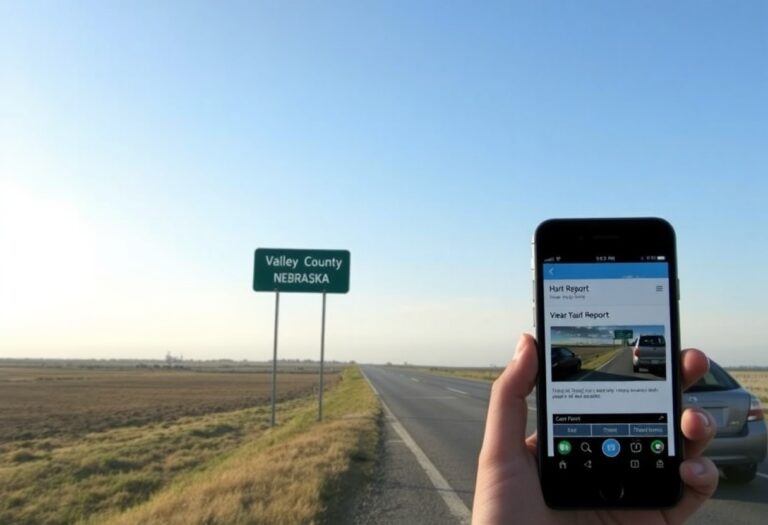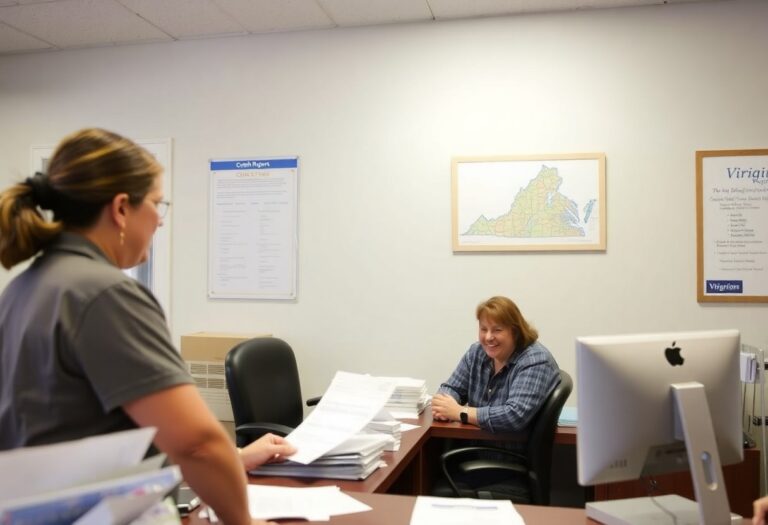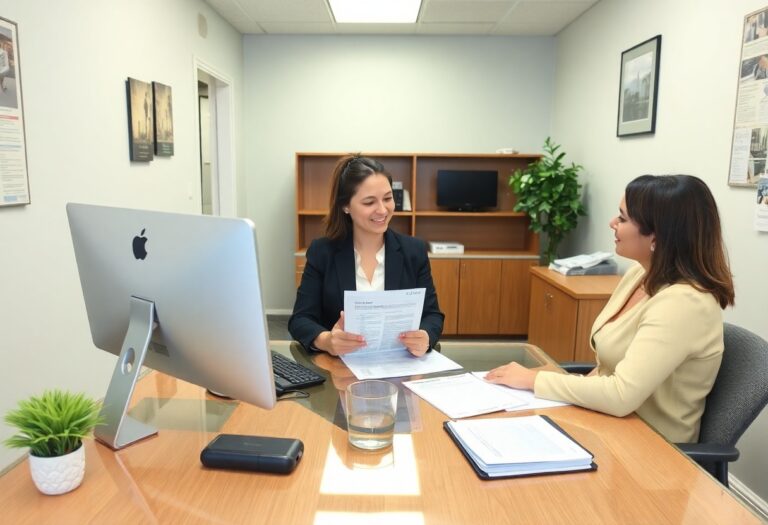There’s a lot you need to know if you find yourself involved in a vehicle accident in Essex County, Massachusetts. Having a clear understanding of how to obtain crash reports can significantly impact your insurance claims and legal matters. In this guide, you’ll learn vital steps to retrieve your crash report, ensuring you can navigate the aftermath of an accident with confidence and peace of mind. Let’s probe the process and equip you with the knowledge to handle this situation effectively.
Navigating the Aftermath of an Accident
Accidents can be overwhelming, leaving you unsure of what to do next. Prioritizing your safety and well-being, along with the legal requirements specific to Essex County, Massachusetts, helps ensure a smoother recovery process. Understanding your rights and responsibilities after an accident not only aids in managing immediate concerns but also lays a strong foundation for any necessary claims or legal actions that may follow.
Immediate Actions to Take
Your first step after an accident should always be to check for injuries among all parties involved. If anyone is hurt, call 911 immediately. Next, ensure that your vehicle and others involved are in a safe position to prevent further incidents. Document the scene by taking photos and collecting information from witnesses. Calling the police to file an accident report is also vital for official documentation.
Common Missteps to Avoid
Avoid leaving the accident scene without exchanging information, even if the damage seems minor. Failing to obtain a police report can complicate your ability to file an insurance claim later. Don’t admit fault at the scene, as this can jeopardize your legal rights. Lastly, neglecting to seek medical attention right away, even for seemingly minor injuries, can lead to complications down the line.
Many drivers mistakenly believe that minor injuries or damage do not require police involvement or reporting. However, settling matters informally can lead to disputes later, especially if injuries manifest after some time. In Essex County, not obtaining a police report can significantly hinder your case, as it provides an objective third-party account of the accident. Always err on the side of caution and ensure everything is documented correctly. Keep detailed records of the incident, including photographs, witness contact details, and medical evaluations, to avoid potential pitfalls in the future.
The Crash Report: A Legal Necessity
Essential to understanding your rights and responsibilities after an accident, the crash report serves as an official document detailing the circumstances surrounding the incident. Law enforcement officers compile these reports, which become vital not only for insurance claims but also for any potential legal proceedings that may follow. This report is often a critical piece in determining fault and liability, making it a necessary document to obtain and review.
Understanding the Purpose and Importance
The crash report acts as an objective record of the events leading up to the accident, including witness statements, descriptions of damage, and diagrams of the scene. This documentation plays a pivotal role in establishing liability and can influence insurance settlements. Additionally, it facilitates a clear understanding of the circumstances, allowing all parties to navigate any legal implications more effectively.
Unpacking the Essential Components
Each crash report typically includes several key components, such as the date, time, and location of the accident, details of the vehicles and individuals involved, and any citations issued. It may also contain witness information, weather conditions, and a narrative from the responding officer. Understanding these components can help you recognize how they impact your case and prepare for any follow-ups.
Specifically, the report’s narrative section is particularly important, as it reflects the officer’s observations and conclusions based on evidence and witness accounts. This narrative can influence both your insurance claim and any potential legal disputes, so monitoring it for accuracy is vital. Details such as the sequence of events and diagrams illustrating vehicle positions can provide invaluable context that either supports or challenges claims made by other parties involved in the accident.
Requesting Your Crash Report
Obtaining your crash report is a straightforward process that requires specific steps to ensure that you receive the correct documentation promptly. Crash reports are important for filing insurance claims or pursuing legal action, so knowing how to properly request one can save you time and effort during an already stressful period.
Step-by-Step Instructions for Filing a Request
| Step | Description |
|---|---|
| 1 | Visit the Massachusetts Registry of Motor Vehicles (RMV) website. |
| 2 | Locate the crash report request section. |
| 3 | Fill out the required form with your personal information and details about the accident. |
| 4 | Submit the form online or print it out and send it by mail, depending on your preference. |
| 5 | Pay any applicable fees, if required, and keep a copy for your records. |
Potential Fees and Processing Times
Fees for requesting your crash report may vary, with some reports costing around $20. Processing times can range from a few days up to a couple of weeks, especially during busy periods. Ensuring that the necessary paperwork is fully completed and accurate can help expedite the process.
In some cases, you might receive your crash report much faster if you utilize online request options rather than mailing a physical request. Consider opting for electronic submissions, as many agencies prioritize these requests. Staying aware of the potential for additional fees, such as expedited processing, can also be beneficial if you need your report quickly. Always check the specific guidelines on the RMV website for the most up-to-date information regarding costs and timelines for your crash report request.
Analyzing Your Crash Report: What to Look For
Once you have obtained your crash report, examine into its details to ensure accuracy and clarity. This document contains vital information such as the incident’s date, time, location, involved parties, witness statements, and the responding officers’ observations. Each of these elements can significantly influence legal proceedings, insurance claims, and your understanding of liability. Scrutinizing your report is vital to effectively navigate the next steps in your post-accident journey.
Dissecting the Details: Key Information to Examine
The first aspect to review is the accident location. Ensure it accurately reflects where the incident occurred, as this can affect liability. Next, examine the personal details outlined for all parties involved, including names, contact information, and insurance details. Also, pay attention to witness statements and the officer’s narrative, which could provide critical context for the accident. Finally, look for any collision diagrams—these visual aids can clarify the events leading up to the crash.
Identifying Errors and How to Address Them
If you notice discrepancies or errors in your crash report, don’t hesitate to take action. Common mistakes include incorrect names, misspelled addresses, or misrepresented circumstances of the accident. To correct these inaccuracies, you must contact the local law enforcement agency that issued the report and request a formal amendment. Providing them with any evidence, such as photographs or witness details, strengthens your case for adjustments.
Addressing errors promptly is vital; they can lead to complications when filing insurance claims or during legal disputes. For instance, if your insurance company receives a report with incorrect details, it may result in unfavorable terms or delays in your claim process. When reaching out to the law enforcement agency, be polite and clear about the specific inaccuracies you’ve identified. Document all correspondence and keep records of your requests for future reference. Ensuring your crash report reflects the truth can save you time, stress, and potential financial loss down the line.
Leveraging Your Crash Report for Claims and Legal Action
Your crash report is a valuable asset in navigating claims and potential legal actions following an accident. It contains necessary details such as the date, location, and parties involved, which can aid in establishing fault and backing your version of events. With accurate documentation at your fingertips, you can streamline your dealings with insurance companies or take appropriate steps toward litigation if necessary.
Constructing Your Case: Using the Report Effectively
Using the information in your crash report allows you to construct a solid case. Reference specific details like the weather conditions, road signs, and diagrams that illustrate the accident’s layout. Highlighting these elements can strengthen your argument and provide context to your claim. Additionally, supporting evidence, such as witness statements and photographs, can further corroborate the facts laid out in the report.
When to Consult Legal Assistance
If after reviewing your crash report you find that liability is disputed or the damages are significant, consulting with a legal professional becomes beneficial. An attorney can offer insights into your rights, potential compensation, and the nuances involved in your case that you may not be aware of. Given the complexities of personal injury law and insurance negotiations, having a knowledgeable advocate on your side can make a substantial difference in the outcome of your claim.
In situations where negligence is contested or if the insurance company is reluctant to provide a fair settlement, seeking legal assistance may be your best option. An attorney familiar with Essex County laws can navigate the process more efficiently and prepare you for the possibility of court proceedings. They can evaluate your evidence, advise on punitive damages, and ensure that you fully understand your entitlements under the law, ultimately protecting your interests throughout the claims process.
To wrap up
From above, you have gained insight into the steps necessary for obtaining and managing crash reports in Essex County, Massachusetts. By following this guide, you can effectively navigate the process, ensuring you have the proper information when you need it. Whether it’s for insurance claims or legal purposes, understanding how to access your crash report empowers you to handle any situation with confidence. Stay informed and be proactive — your approach to driving safety and accountability matters.







